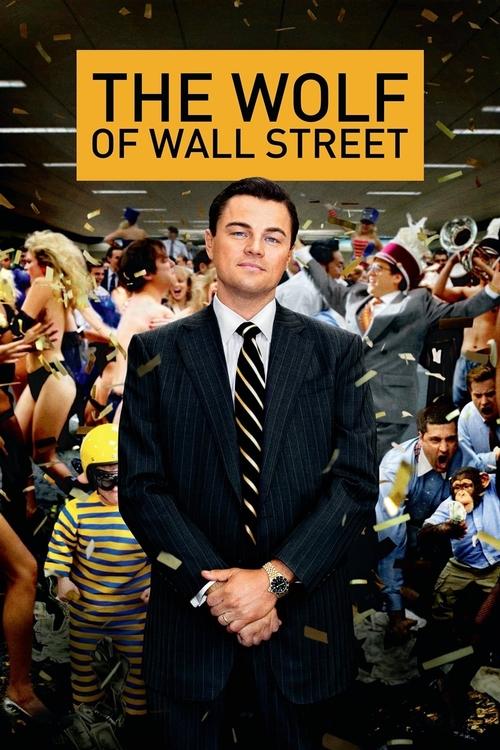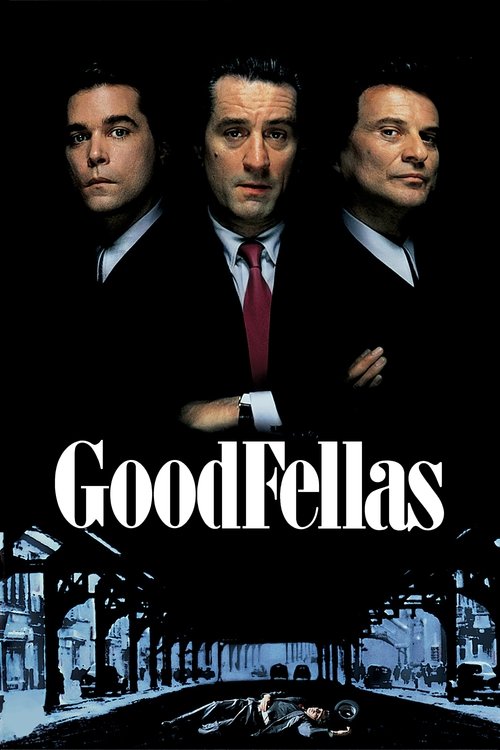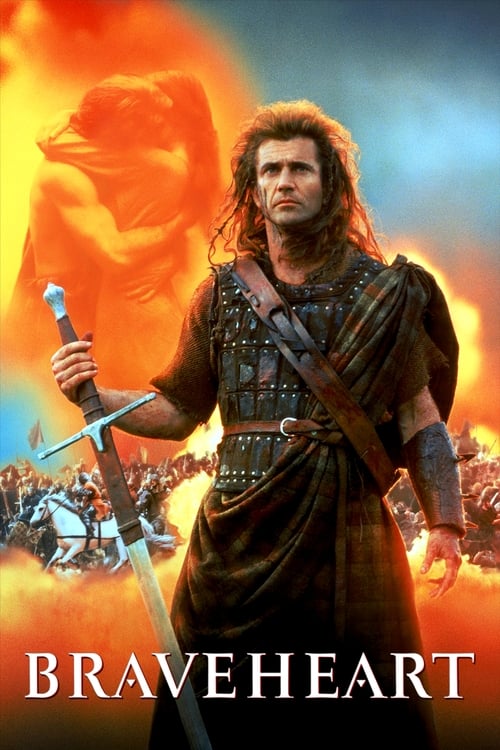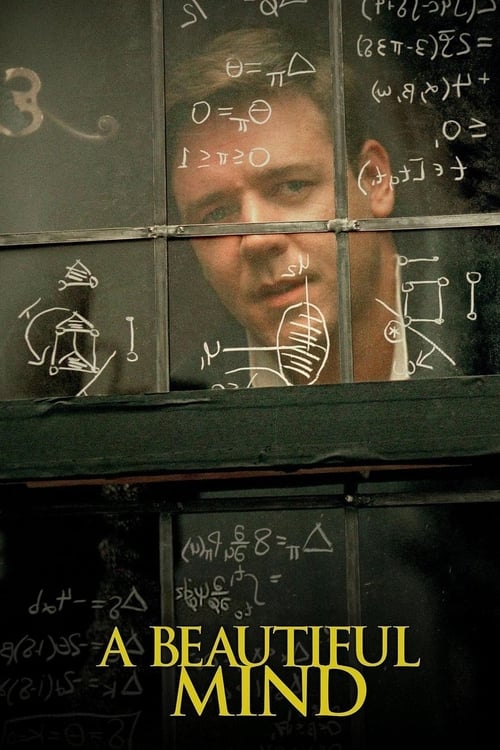
Moneyball - Family Review
2011 | 133 Minutes
IMDB: 7.6 ⭐️
Votes: 426,987
Content Warnings
-
Sexual ContentMildNone Mild Moderate Severe
-
ViolenceMildNone Mild Moderate Severe
-
ProfanityModerateNone Mild Moderate Severe
-
Intense ScenesMildNone Mild Moderate Severe
The colored bar shows the middle 50% of opinions, dot shows the average





